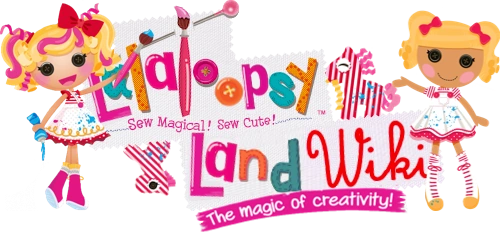You know you’ve seen it, whether chatting online or texting on a cell phone. But is texting language good or bad for kids’ learning?
A number of parents and teachers are concerned that the rise in popularity of IMing and text messaging among kids might be hurting their written language skills. Could this be true?
On one hand, more and more teachers in the United States have discovered "text-speak" or "textisms" in the formal schoolwork of their students. Students are actually including things like emoticons (smileys and such), acronyms ("LOL"), abbreviations ("ru going?"), and numeric short cuts ("l8ter 2day") in their written assignments.
Many teachers consider texting language to be conversational slang for the tech-savvy generation. And they consider it a bad habit that could hurt students if, for instance, they use such language in an inappropriate setting (say, on a written exam or in a job application).
But on the other hand, at least one study has shown that kids who use such texting language do not have poorer written language skills. In fact, they were actually better readers and writers than kids who didn’t use the abbreviations!
According to the researchers from the study, it’s possible that wacky symbols and text spellings actually give kids a better appreciation for language sounds, which is a key part of reading. And contrary to popular belief, there doesn’t seem to be any connection between texting and a child’s normal spelling ability; in other words, kids who text a lot still know how to spell correctly!
What do you think?

